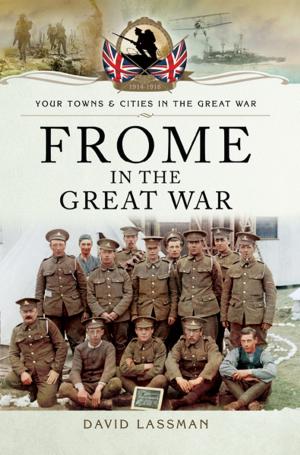| Author: | Sylvia Crooks | ISBN: | 9781926991559 |
| Publisher: | Granville Island Publishing Ltd | Publication: | August 1, 2014 |
| Imprint: | Language: | English |
| Author: | Sylvia Crooks |
| ISBN: | 9781926991559 |
| Publisher: | Granville Island Publishing Ltd |
| Publication: | August 1, 2014 |
| Imprint: | |
| Language: | English |
At the outbreak of war in 1914 a patriotic hysteria swept across Canada as men clamored to sign up and join the fight for God, country and empire. Among them were more than a thousand men from the beautiful Kootenay Lake region of British Columbia. Many were fruit ranchers, mostly British immigrants who settled on the shores of the lake, along the Kootenay River, and in the Slocan Valley. They were miners, loggers and railway men. Among them were deckhands on the paddlewheelers that carried passengers and cargo on the lake. They were carpenters, mill hands, stonemasons and unskilled labourers. Some were mining engineers, bank clerks and businessmen, and some were students about to embark on promising careers. Names on a Cenotaph tells the harrowing and poignant stories of the 280 men listed on Kootenay Lake memorials who died on the blood-soaked battlefields of France and Flanders. They fought in rat-infested trenches, some of them for more than three years, and earned respect and admiration for their grit and determination. All the while, the people back home anxiously watched the daily lists of the dead and wounded, sent off parcels from home, and raised thousands of dollars to help win victory. This important piece of British Columbia history is the result of six years of extensive research, of newspapers, books, archival records and websites, and also correspondence with family members of the men who died. Photographs of many of the men help bring their stories to life.
At the outbreak of war in 1914 a patriotic hysteria swept across Canada as men clamored to sign up and join the fight for God, country and empire. Among them were more than a thousand men from the beautiful Kootenay Lake region of British Columbia. Many were fruit ranchers, mostly British immigrants who settled on the shores of the lake, along the Kootenay River, and in the Slocan Valley. They were miners, loggers and railway men. Among them were deckhands on the paddlewheelers that carried passengers and cargo on the lake. They were carpenters, mill hands, stonemasons and unskilled labourers. Some were mining engineers, bank clerks and businessmen, and some were students about to embark on promising careers. Names on a Cenotaph tells the harrowing and poignant stories of the 280 men listed on Kootenay Lake memorials who died on the blood-soaked battlefields of France and Flanders. They fought in rat-infested trenches, some of them for more than three years, and earned respect and admiration for their grit and determination. All the while, the people back home anxiously watched the daily lists of the dead and wounded, sent off parcels from home, and raised thousands of dollars to help win victory. This important piece of British Columbia history is the result of six years of extensive research, of newspapers, books, archival records and websites, and also correspondence with family members of the men who died. Photographs of many of the men help bring their stories to life.
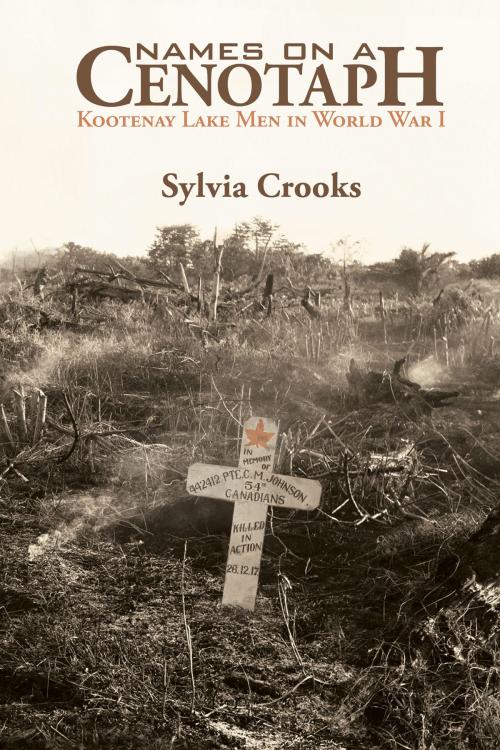
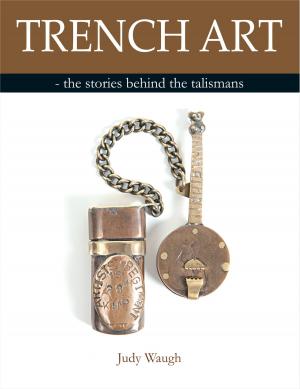
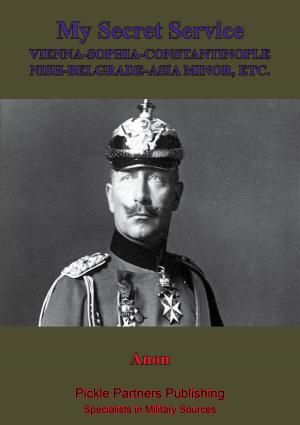
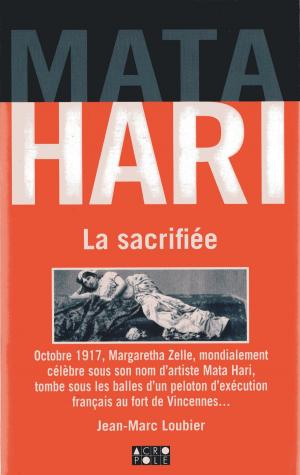

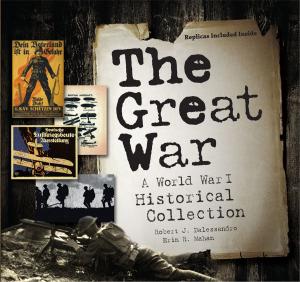

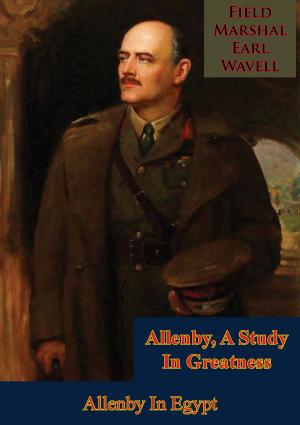
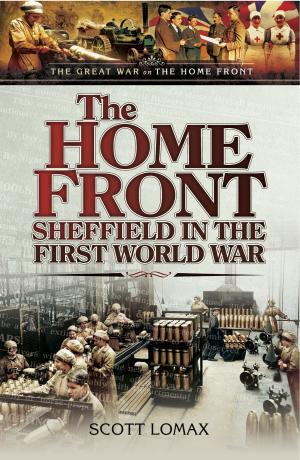
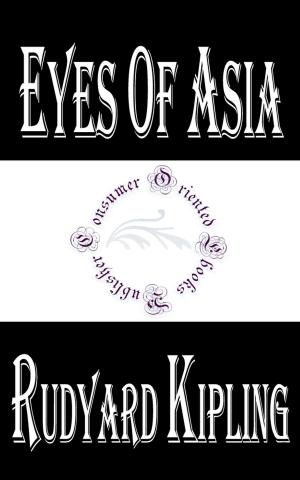
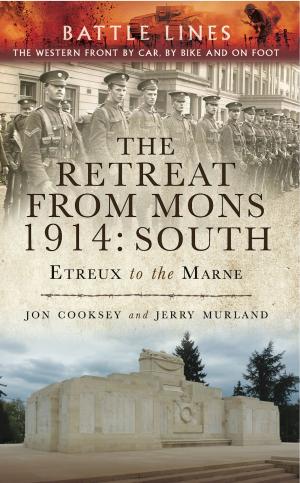
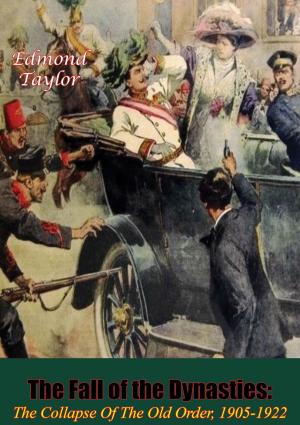
![Cover of the book My Experiences In The World War – Vol. II [Illustrated Edition] by Sylvia Crooks](https://www.kuoky.com/images/2014/june/300x300/9781782891284-xHoK_300x.jpg)
